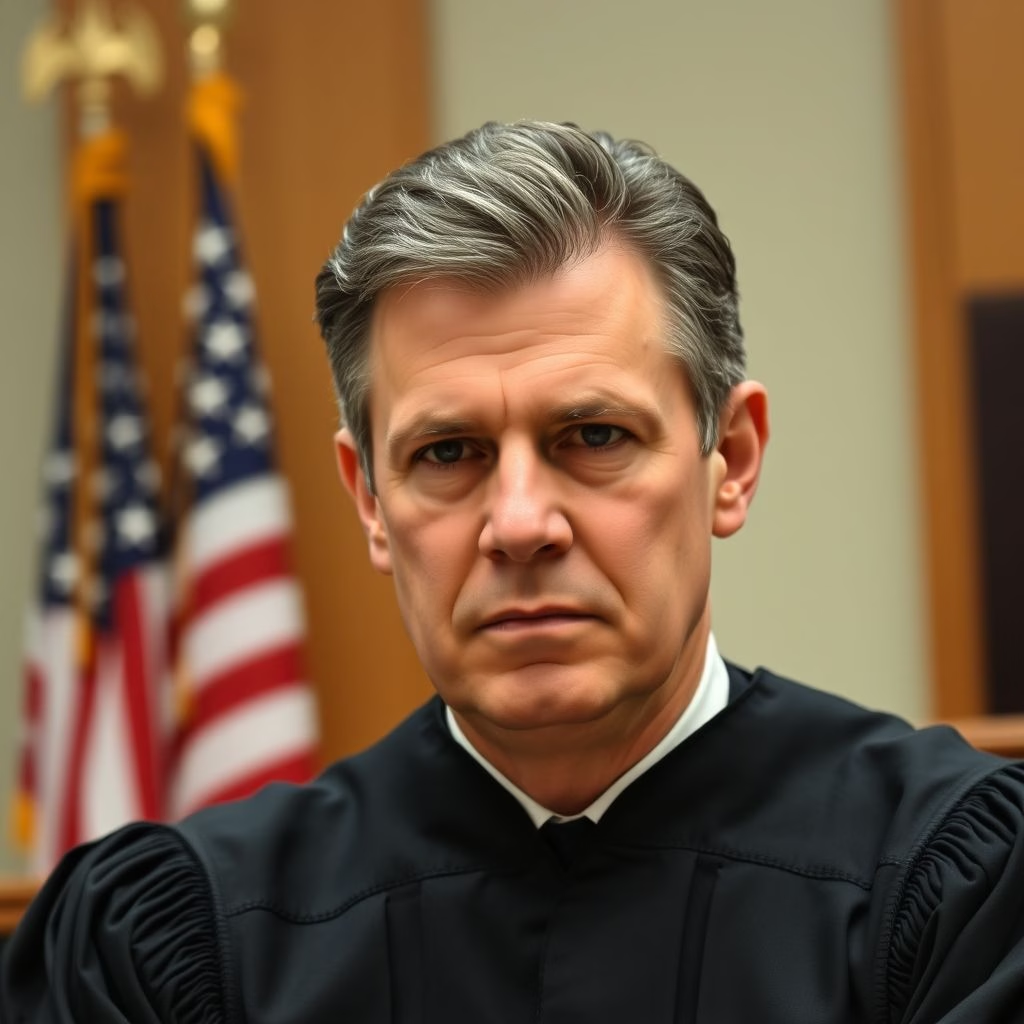The Controversial Ascent of Emil Bove: From DOJ Roles to Federal Judge

The Complex Case of Judge Emil Bove
Emil Joseph Bove III’s career has been marked by a rapid ascent through the ranks of the American legal system, culminating in his appointment as a federal judge on the United States Court of Appeals for the Third Circuit. However, this journey has been far from smooth. His career is a story of both significant achievements and considerable controversy, drawing the attention of legal scholars, political analysts, and the general public alike.
From the Department of Justice to the Bench
Bove’s path to the Third Circuit was not a direct one. Prior to his judgeship, he held several prominent positions within the Department of Justice (DOJ). He served as acting U.S. deputy attorney general and principal associate deputy attorney general, roles held during the Trump administration. This experience provided him with a deep understanding of the inner workings of the DOJ and the federal legal system.
A Career of Diverse Roles
Before his high-profile positions, Bove served as an assistant U.S. attorney, gaining valuable experience in the courtroom. This experience offered him a practical understanding of the challenges and complexities of legal proceedings. Interestingly, his career also included a stint as a member of Donald Trump’s legal team, further illustrating the breadth of his professional experiences. This work undoubtedly exposed him to the nuances of high-profile legal battles and political dynamics.
Controversies and Criticisms
Bove’s tenure hasn’t been without its critics. His nomination to the appellate court faced significant opposition. Numerous former judges and Department of Justice attorneys voiced their concerns, raising questions about his suitability for the role. This opposition stemmed from various controversies that had arisen throughout his career.
One particularly contentious issue involves allegations of ignoring a federal court order. While these accusations are serious, they are, of course, subject to differing interpretations and ongoing debate. Another instance of controversy was Bove’s involvement in dismissing a corruption case against New York City Mayor Eric Adams. These instances fueled the concerns and criticisms surrounding his appointment, prompting an intense scrutiny of his decisions and professional conduct.
Navigating the Confirmation Process
Despite the significant opposition, Bove’s nomination ultimately prevailed. The Senate confirmed his appointment, solidifying his position on the Third Circuit. This confirmation, however, underscores the deep divisions within the legal and political landscape of the United States, highlighting the complexities of judicial appointments, particularly in the current political climate.
Looking Ahead
As Judge Bove takes his seat on the United States Court of Appeals for the Third Circuit, his career will undoubtedly continue to be watched closely. The cases he hears, the decisions he renders, and the evolving legal landscape will all be impacted by his presence on the bench. His legacy will be shaped not only by the rulings he delivers, but also by the ongoing conversations regarding his past, his ethics, and his impact on the American legal system.
The case of Emil Bove serves as a reminder of the intricate relationships between law, politics, and public perception in the United States, ensuring the ongoing examination of his career and the controversies that have marked it.
Further Reading
For those interested in learning more about Emil Bove and his career, here are some useful resources:
https://en.wikipedia.org/wiki/Emil_Bove
https://www.nbcnews.com/politics/congress/senate-confirms-trump-nominee-emil-bove-appeals-court-whistleblowers-rcna221781
https://www.politico.com/news/2025/07/29/senate-confirms-emil-bove-to-third-circuit-as-dems-fail-to-thwart-trump-pick-00482965




